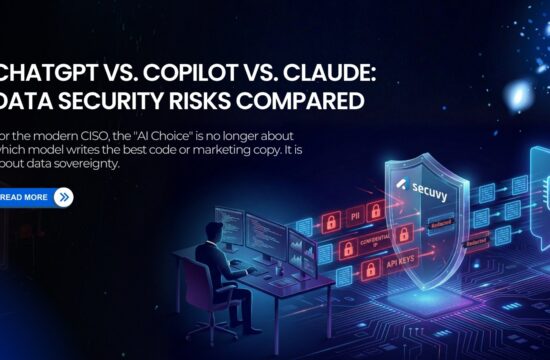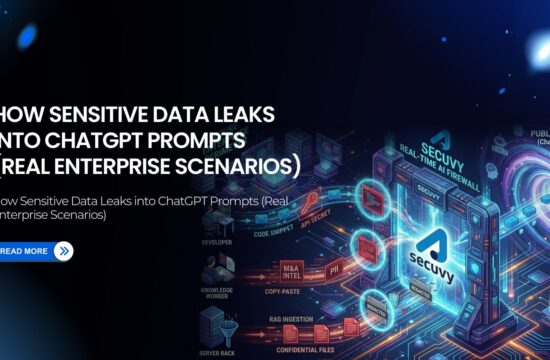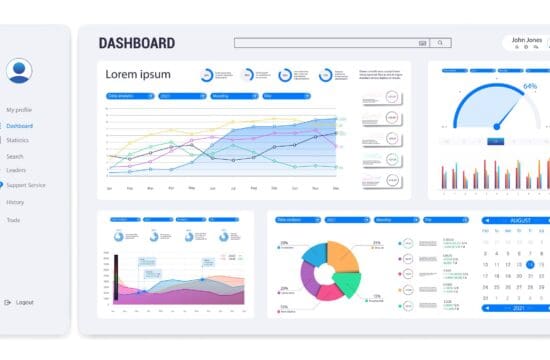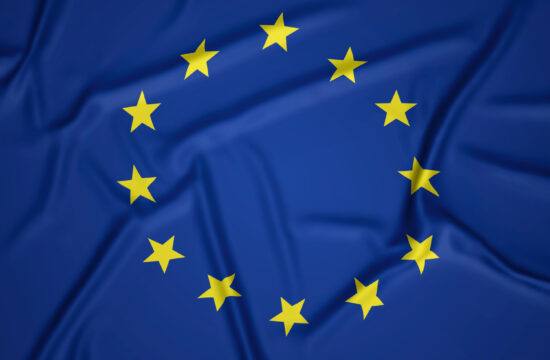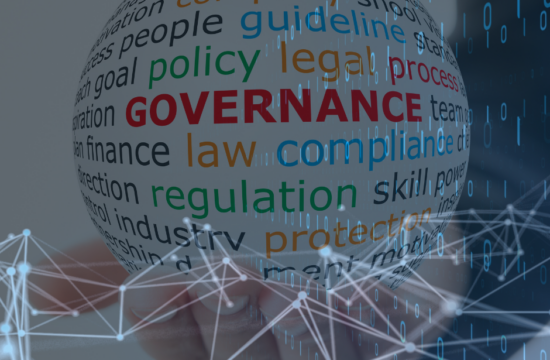In 2023, the California Privacy Rights Act (CPRA) will supersede the California Consumer Privacy Act (CCPA), bringing with it a number of changes that businesses need to be aware of. The CPRA is very similar to the CCPA in terms of its goals – to give Californians more control over their personal data. However, businesses should be aware of some key differences between the two data privacy laws. This blog post will take a close look at what is CCPA, CPRA, and the difference between them so that businesses serving in California can achieve privacy compliance.
What is the CCPA?
The California Privacy Rights Act, or (CPRA), was approved by voters in November 2020 and will go into effect on January 1, 2023. The CPRA is an expansion of the CCPA, and it introduces a number of additional requirements for businesses operating in California. CPRA compliance requires companies to give consumers even more control over their personal data, including the right to opt-out of data sharing for certain purposes and the right to access specific information about how their data is being used. It also requires businesses to provide more transparency around automated decision-making processes and potential discrimination based on personal information.

What is the CPRA?
The California Privacy Rights Act (CPRA) was approved by voters in November 2020 and will go into effect on January 1, 2023. The CPRA is an expansion of the CCPA, and it introduces a number of additional requirements for businesses operating in California. It requires companies to give consumers even more control over their personal data, including the right to opt-out of data sharing for certain purposes and the right to access specific information about how their data is being used. It also requires businesses to provide more transparency around automated decision-making processes and potential discrimination based on personal information.
CCPA vs CPRA: How are they correlated, and how are they different?
Both the CCPA and the CPRA are designed to give Californian consumers more control over their personal data, but there are a few key differences between the two. But if we talk about the correlation between them, we can see that the CPRA is an expansion of the CCPA. The CPRA builds upon and reinforces the rights laid out in the CCPA; it provides more control over how businesses can use personal data, including new rules about data sharing for targeted advertising. It also requires businesses to provide consumers with more information about automated decision-making processes and potential discrimination.
Now coming to the difference between the two. The most significant difference is that the CPRA includes the following:
• More robust rights for consumers, including the right to opt out of data sharing and the right to access information about how their data is being used.
• More transparency around automated decision-making processes and potential discrimination based on personal information.
• More stringent requirements for businesses when it comes to collecting, storing, and protecting consumer data.
• A more robust enforcement system, including the creation of a new state agency that will be responsible for enforcing the law.
• An expansion of the private right of action, allowing consumers to directly sue companies for violating their data privacy rights.
CCPA vs CPRA: What Does it Mean for Businesses?
As mentioned above, CPRA is different from CCPA on various parameters; here’s how it will affect businesses:
Businesses will need to update: Under the CPRA, businesses will need to update their data protection and privacy policies for privacy compliance.
Businesses will need to be more transparent: The CPRA requires businesses to provide consumers with more information about how their data is being used, including automated decision-making processes and potential discrimination.
Businesses will need to provide more control over data sharing: The CPRA requires businesses to give consumers the right to opt out of data sharing for certain purposes, such as targeted advertising.
Businesses will need to strengthen their security measures: The CPRA includes more stringent requirements for how businesses must collect, store, and protect consumer data, as well as how they must respond in the event of a data breach.
Businesses will need to be prepared for enforcement: The CPRA creates a new state agency responsible for enforcing the data privacy law and allows consumers to directly sue companies for violating their data privacy rights.
Businesses will need to invest in technology: The CPRA requires businesses to implement certain technical, organizational, and administrative safeguards in order to protect consumer data. This implies that businesses may need to invest in new technologies in order to comply with the data privacy law.
Businesses may need to update their contracts: The CPRA requires businesses to enter into certain contractual arrangements with third parties that handle personal information, including data processors and service providers. Overall, the CPRA is an expansion of the CCPA and provides consumers with more control over their personal data. Businesses will need to update their privacy policies and procedures to comply with the law, as well as invest in new technologies and update their contracts. While this may seem like a task, it’s crucial for businesses to stay ahead of the curve and be prepared for any changes that may come along. Doing so will ensure that they remain compliant and protect both consumers and themselves from potential legal issues.
The CPRA is an important update to the CCPA and will no doubt have a major impact on businesses in California. It’s important for businesses to stay up-to-date on the law and take steps to ensure CPRA compliance. Doing so can help protect both consumers and businesses from potential legal issues.
Key Takeaways
– The California Privacy Rights Act (CPRA) will replace the California Consumer Privacy Act (CCPA) in 2023.
– CPRA expands upon consumer protections offered by CCPA and introduces a number of additional requirements for businesses.
– Businesses must be aware of these changes and must ensure that they comply with the new regulations by 2023.
– By understanding and taking proactive steps to comply, businesses can avoid costly penalties and take full advantage of the benefits offered by this legislation.
– CPRA provides more consumer control over their personal data, including the right to opt out of data sharing for certain purposes and access specific information about how their data is being used.
– It also requires businesses to provide more transparency around automated decision-making processes and potential discrimination based on personal information.
The transition to the CPRA will significantly impact businesses operating in California. With this in mind, companies need to stay current on the latest developments and ensure that their practices comply with the law. By taking proactive steps now, businesses can avoid costly penalties and take full advantage of all of the benefits offered by the CPRA.
By understanding the differences between the CCPA and CPRA, businesses can prepare for the transition to the new regulations in 2023 and ensure that their practices are compliant with the law. With careful planning and proactive steps, companies will be well-positioned to take full advantage of all of the benefits offered by these data privacy laws.
Secuvy’s Data Privacy Platform Streamlines CPRA Compliance for Businesses
Ensure your organization’s compliance with the CPRA and mitigate the impact of this data privacy law with Secuvy’s unified data privacy compliance and data protection platform. It helps you meet compliance through capabilities such as data inventory mapping, managing opt-out requests, generating cookie consent banners, and much more.
Secuvy’s data mapping feature offers a comprehensive view of your entire data inventory. Fulfilling CPRA’s mandates on data governance, minimization, and retention, this tool enables businesses to precisely identify stored data types and locations. With automated scans, it seamlessly discovers personal data across various sources, ensuring a thorough understanding of your data holdings.
Managing a data subject’s request can be streamlined on our platform to develop a faster workflow when there is a high volume of requests. It is easy to access, correct, and delete requests from an employee or customer to meet regulatory compliance.
Secuvy understands the customer is your organization’s most important asset. You want to protect their privacy and secure your data. Contact us today to see how our platform automates and simplifies data security through our low touch self-learning AI — providing customers with 360° continuous visibility into all their personal and sensitive data with the greatest accuracy, unparalleled speed and the lowest cost.

